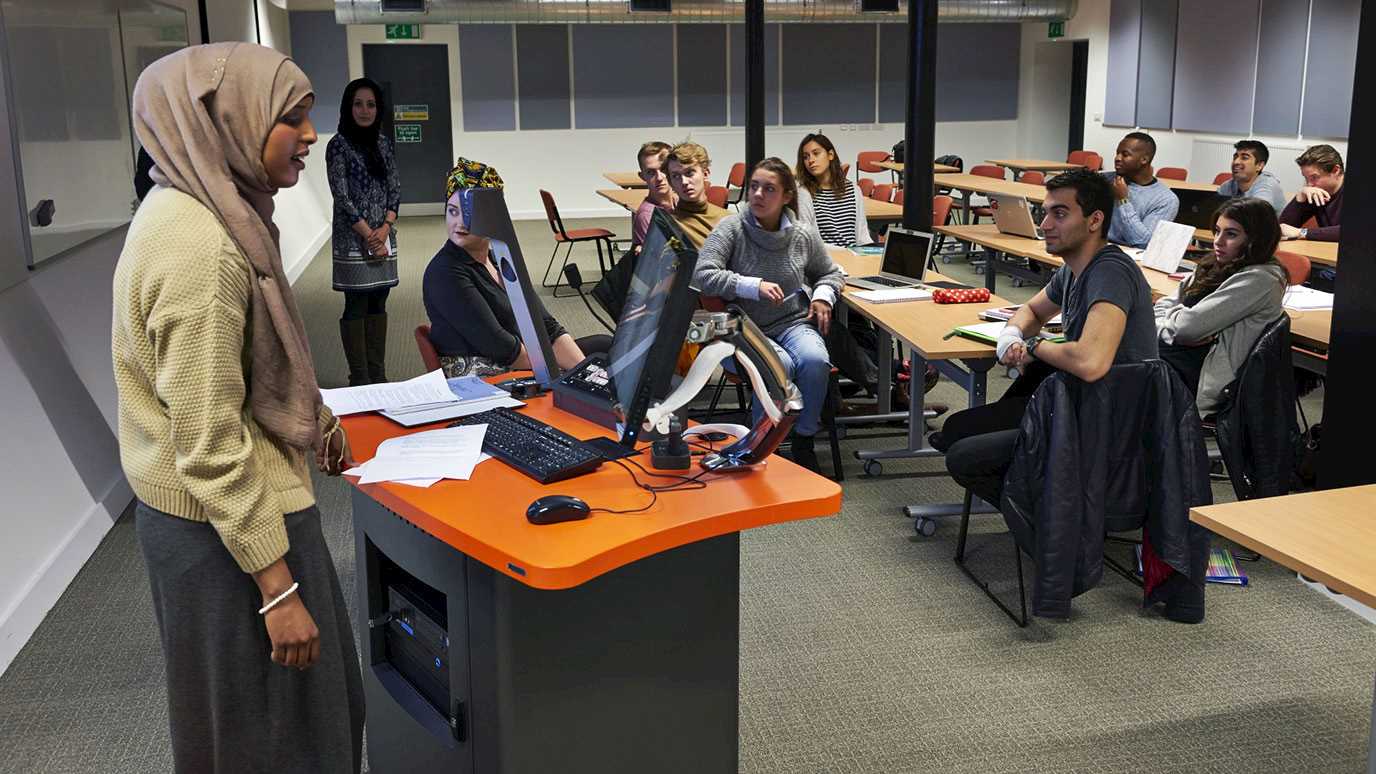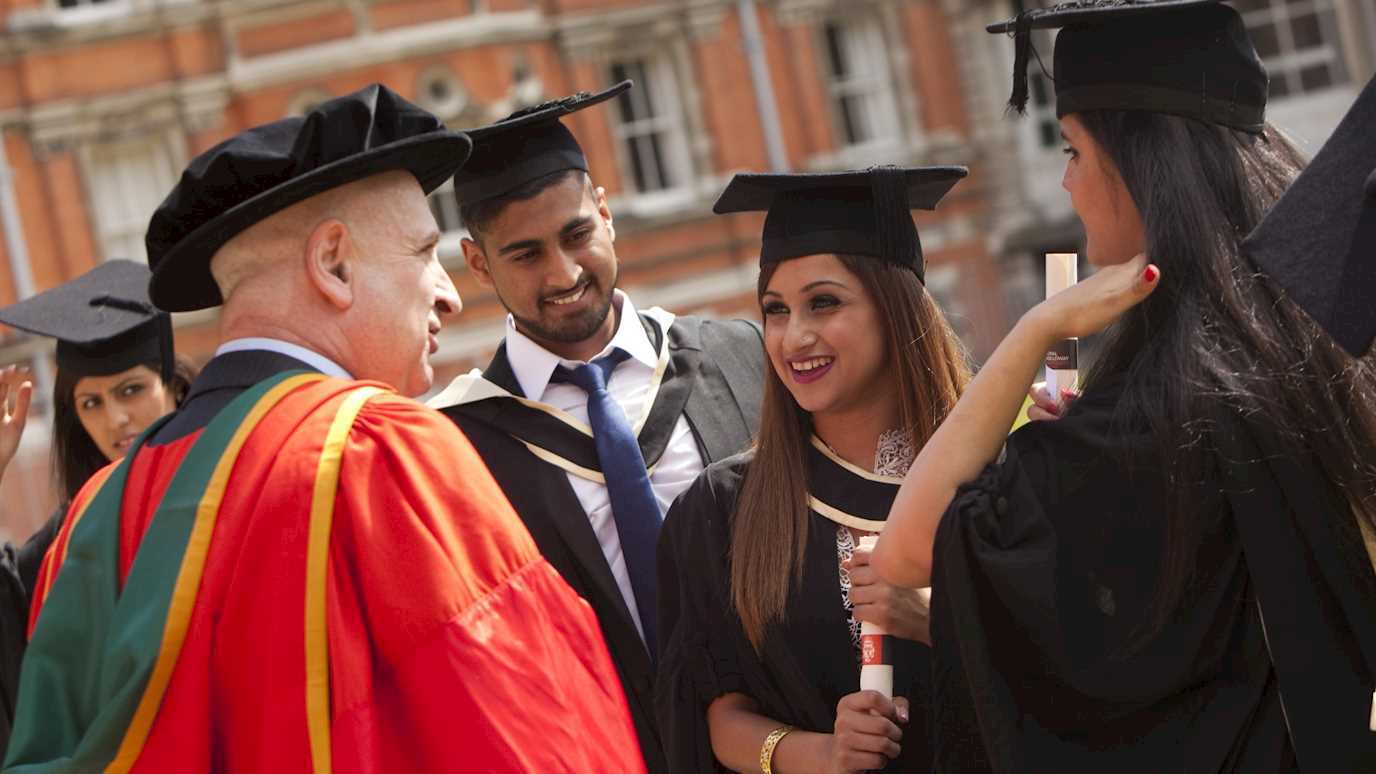Postgraduate study is your opportunity to become an expert in your chosen area.
The Department of Politics and International Relations offers a carefully chosen range of distinctive postgraduate degrees, which reflect the areas of expertise of the staff members that have made us the second-ranked research department for politics and international relations in the UK. Our degree courses attract students from all over the world.
At Masters level, we offer a range of programmes including:
- MSc Elections, Campaigns, and Democracy
- MSc International Public Policy & Development
- MSc International Relations
- MSc International Security
- MSc Media, Power and Public Affairs
The five degree courses listed above can be studied on either a full-time (one-year) or part-time (two-year) basis. The courses in International Relations and Media, Power and Public Affairs can also be taken at Postgraduate Diploma level.
In addition to these courses, the Department also manages a new interdisciplinary MSc Gender Studies with the following pathways:
- MSc Gender Studies: History pathway
- MSc Gender Studies: Historical and Socio-Legal Studies pathway
- MSc Gender Studies: Global Futures pathway
- MSc Gender Studies: International Relations pathway
- MSc Gender Studies: Philosophy pathway
- MSc Gender Studies: Politics pathway
In addition to these, the department also contributes to three other degree courses: the MSc Geopolitics and Security offered by the Department of Geography and the MA Political Philosophy and MA European Philosophy offered by the department's Philosophy group.
See a full list of our degree courses here.
International
Our degree courses attract those with backgrounds in a wide range of social science disciplines, and both recent graduates and mature students with work experience. Typically, around half of our postgraduate taught students come from overseas.
The presence of such diversity serves to enhance the content of the courses on offer, as well as obtain genuinely global perspectives through regular interaction with other course members.
Flexible
We give you considerable flexibility in choosing your optional courses. The teaching is conducted primarily in small group seminars that meet weekly for two hours at a time.
Our Masters courses offer rigorous training in quantitative and qualitative research methods, giving students the opportunity to focus on one or the other. Each course also consists of a mixture of compulsory and optional modules that allow students to focus fully on the subject area of their degree or to pursue interests in other areas of politics and international relations, with further options available in philosophy and history. Masters students complete their programme by writing a dissertation over the summer period on a topic of their choice, supported by an academic supervisor who will give you one-on-one tuition, and by a dissertation preparation programme offered in the Spring Term.
What our students say
“The confluence of highly skilled staff, readily engaged students, and a meticulously crafted curriculum create an experience that is unmatched.” -- Ariel Eckblad, MSc International Relations, Marshall Scholarship recipient
“It’s a fantastic learning environment, well-equipped with high quality professionals who are really invested in sharing and acquiring knowledge from the interaction with their students." -- Rebecca Di Polito, MSc Media, Power and Public Affairs
“I enjoyed the small seminar setting, it really allowed me to interact with my lecturers and classmates. I’ve had the opportunity to take optional modules in communications, quantitative methods, and international relations and my modules have all included assignments and activities focusing on professional skills, such as developing a campaign strategy, using statistical software, and presenting research.” -- Sarah Glaser, MSc Media, Power and Public Affairs, Fulbright Scholarship recipient






















